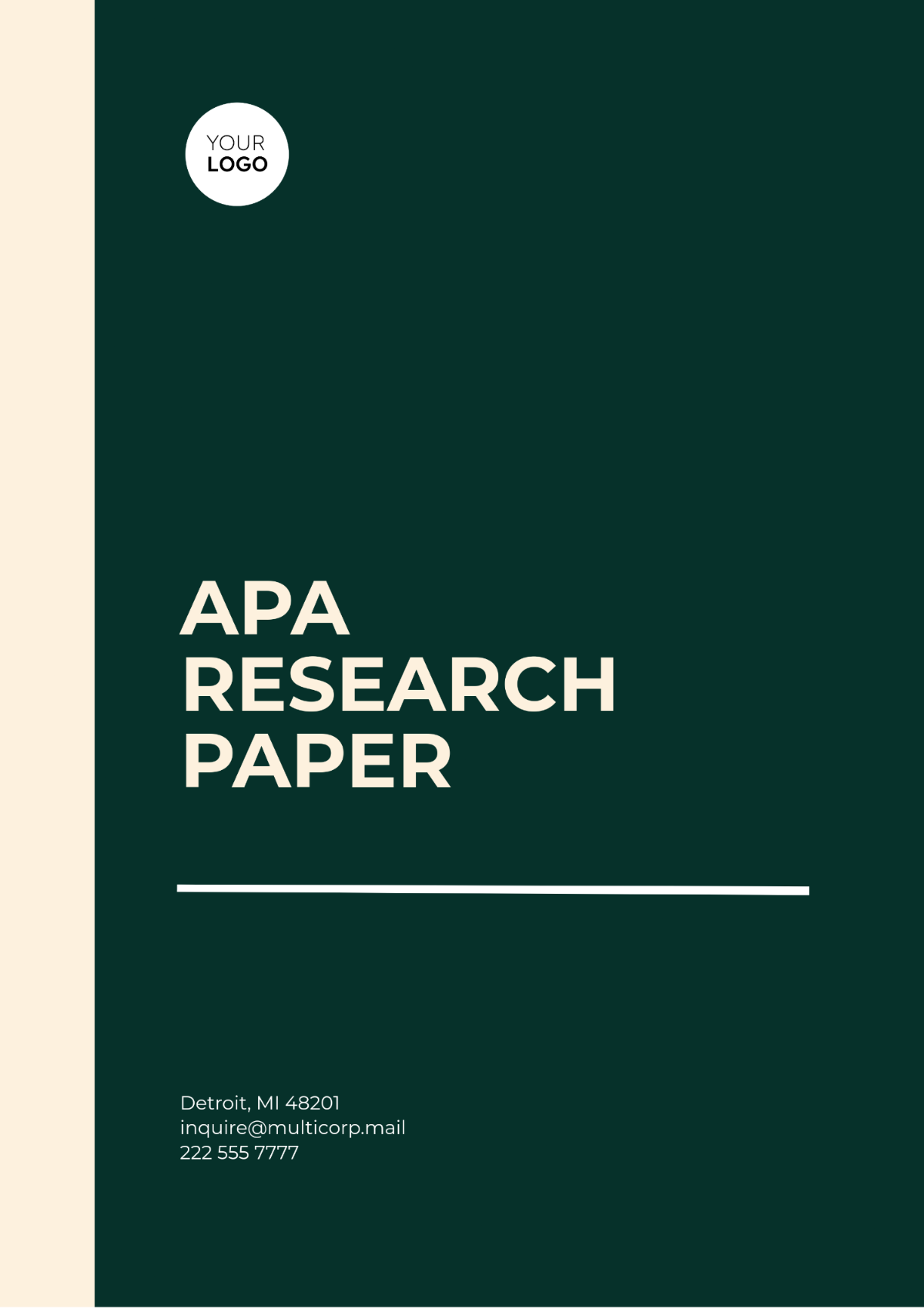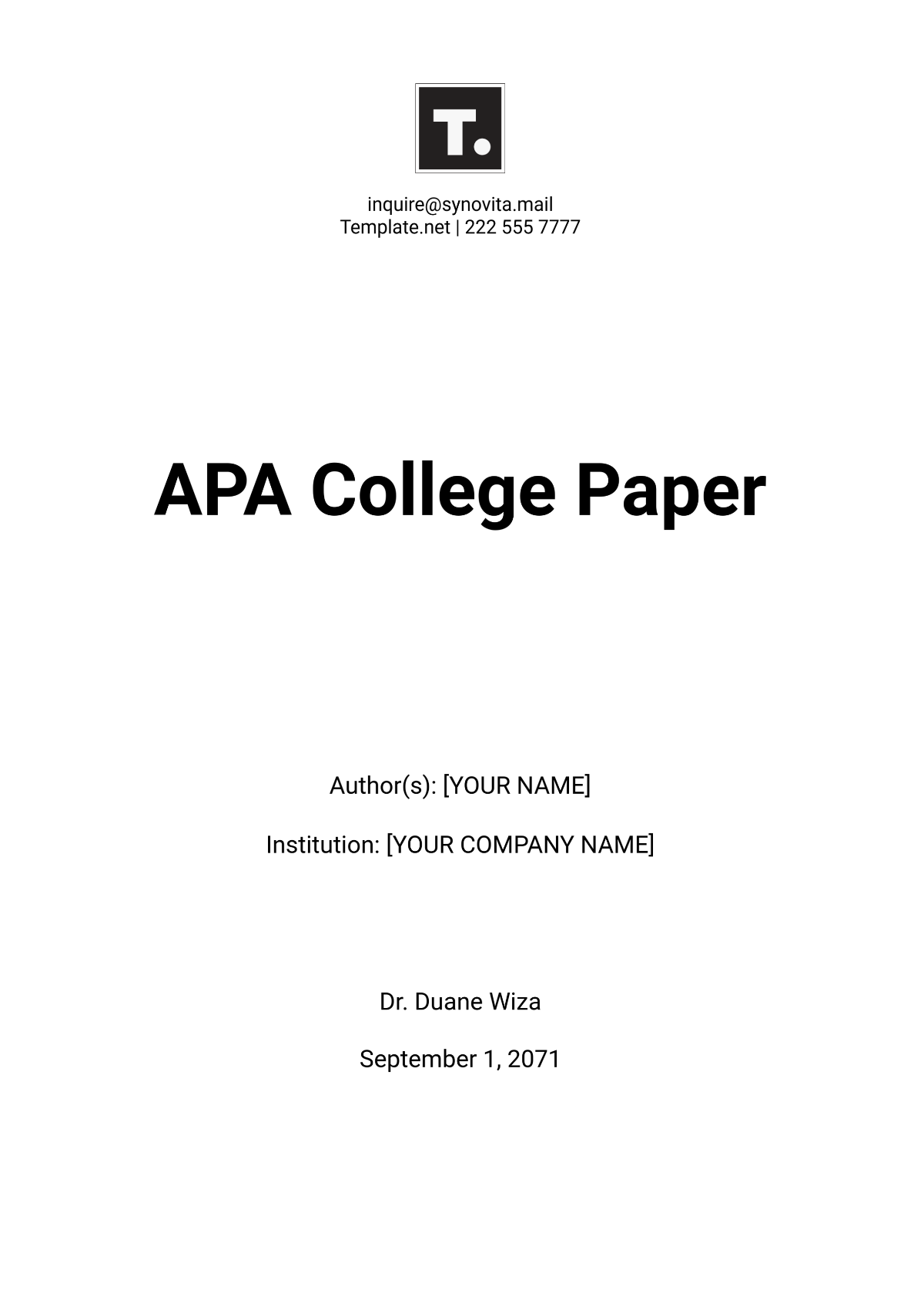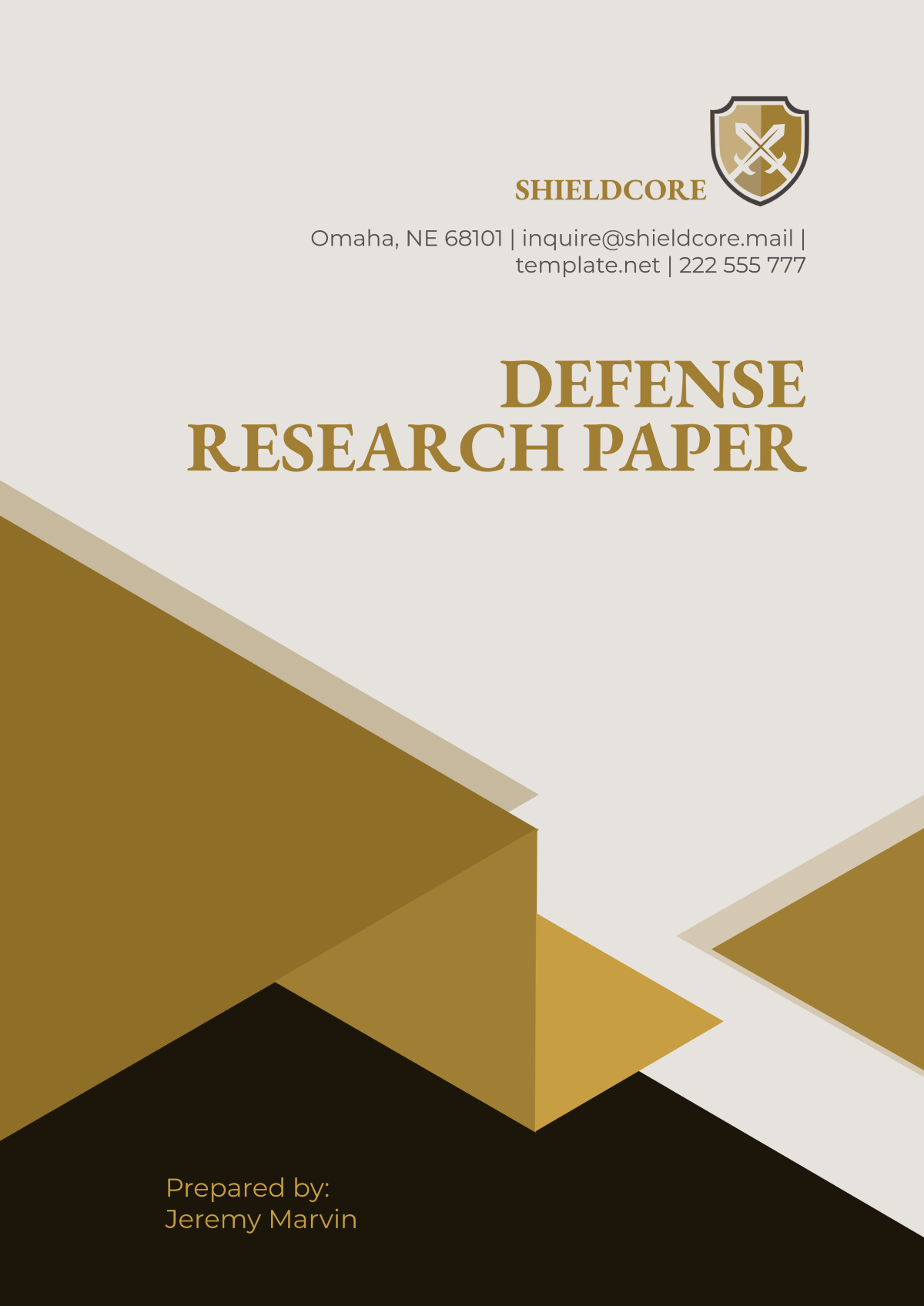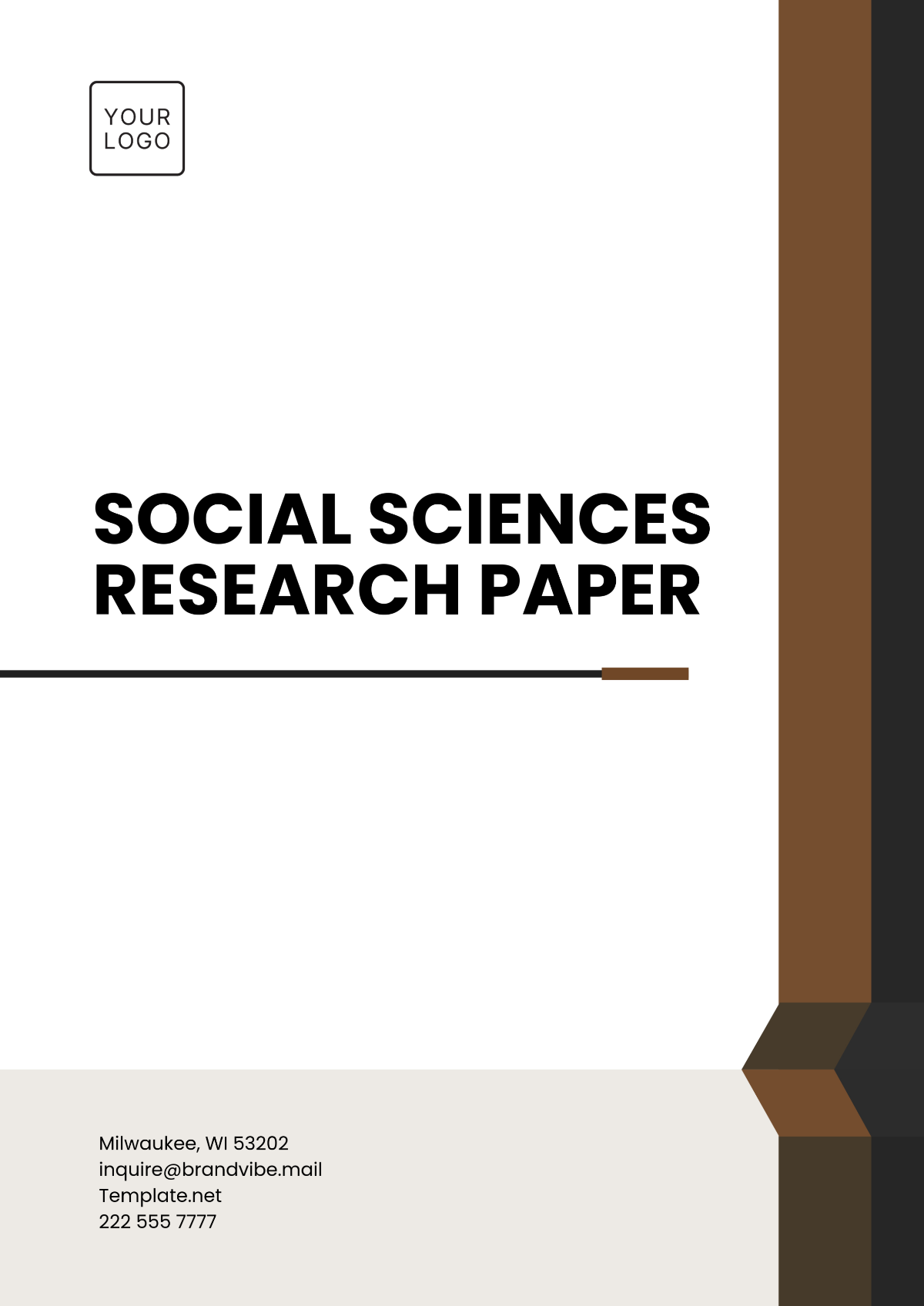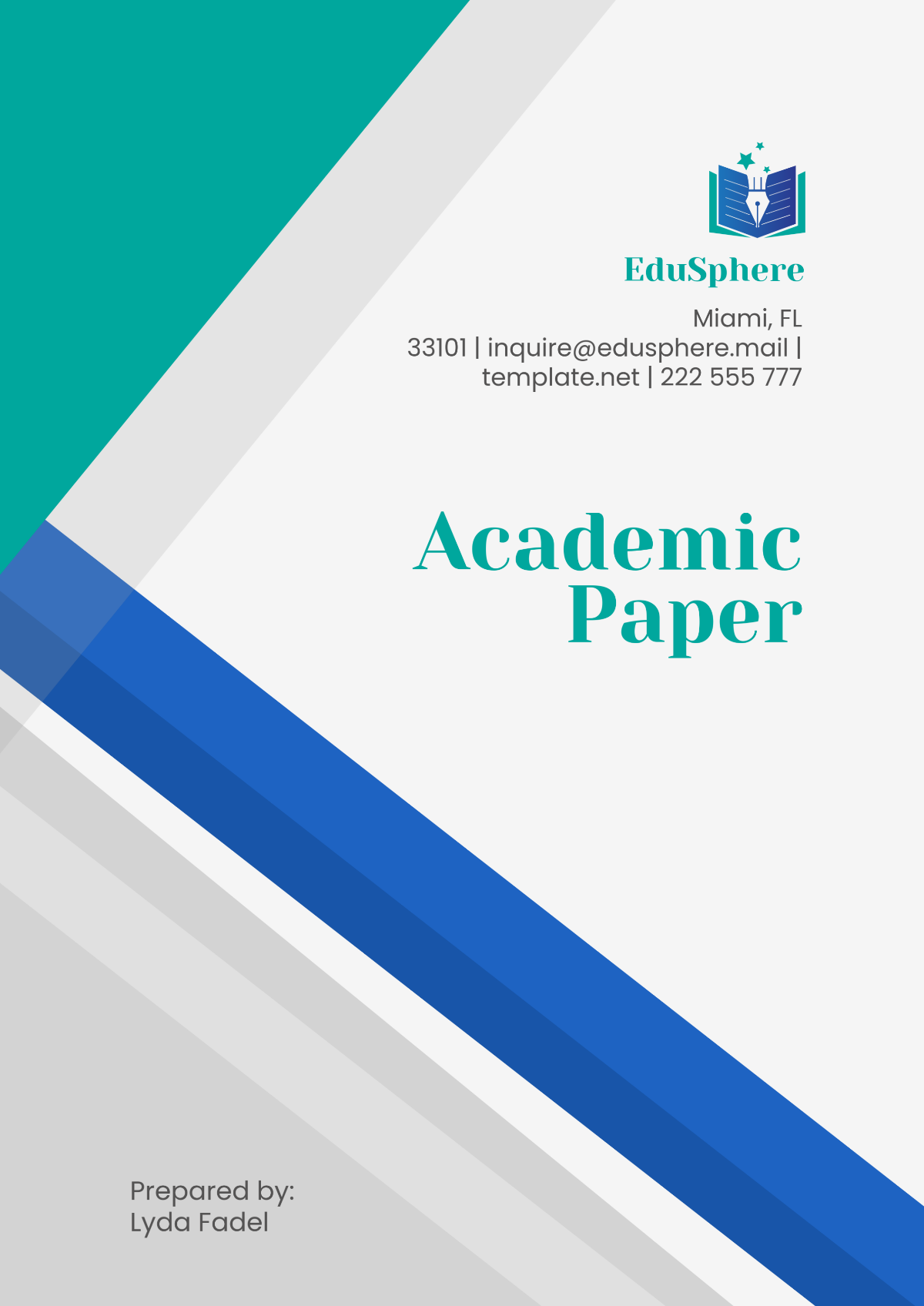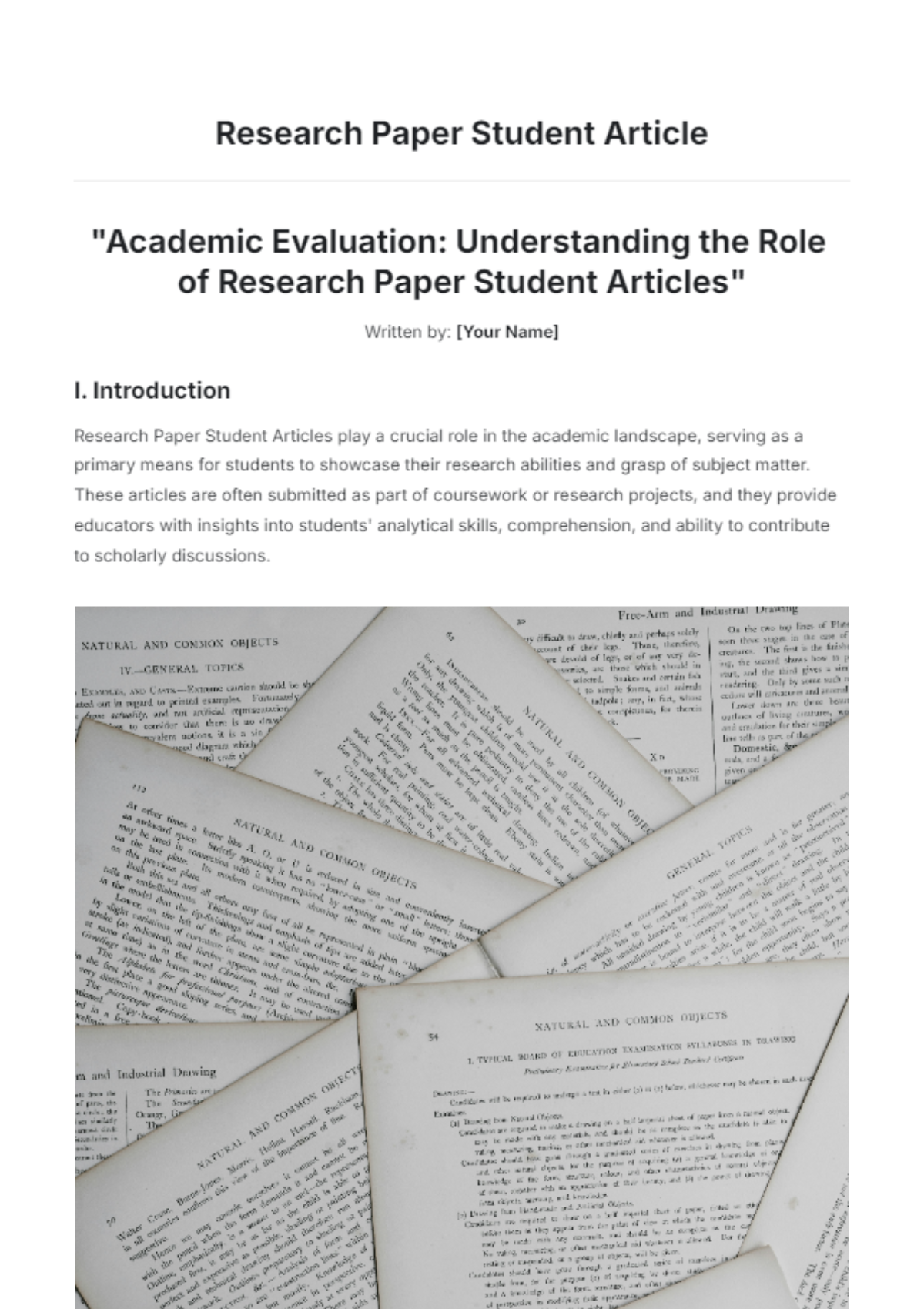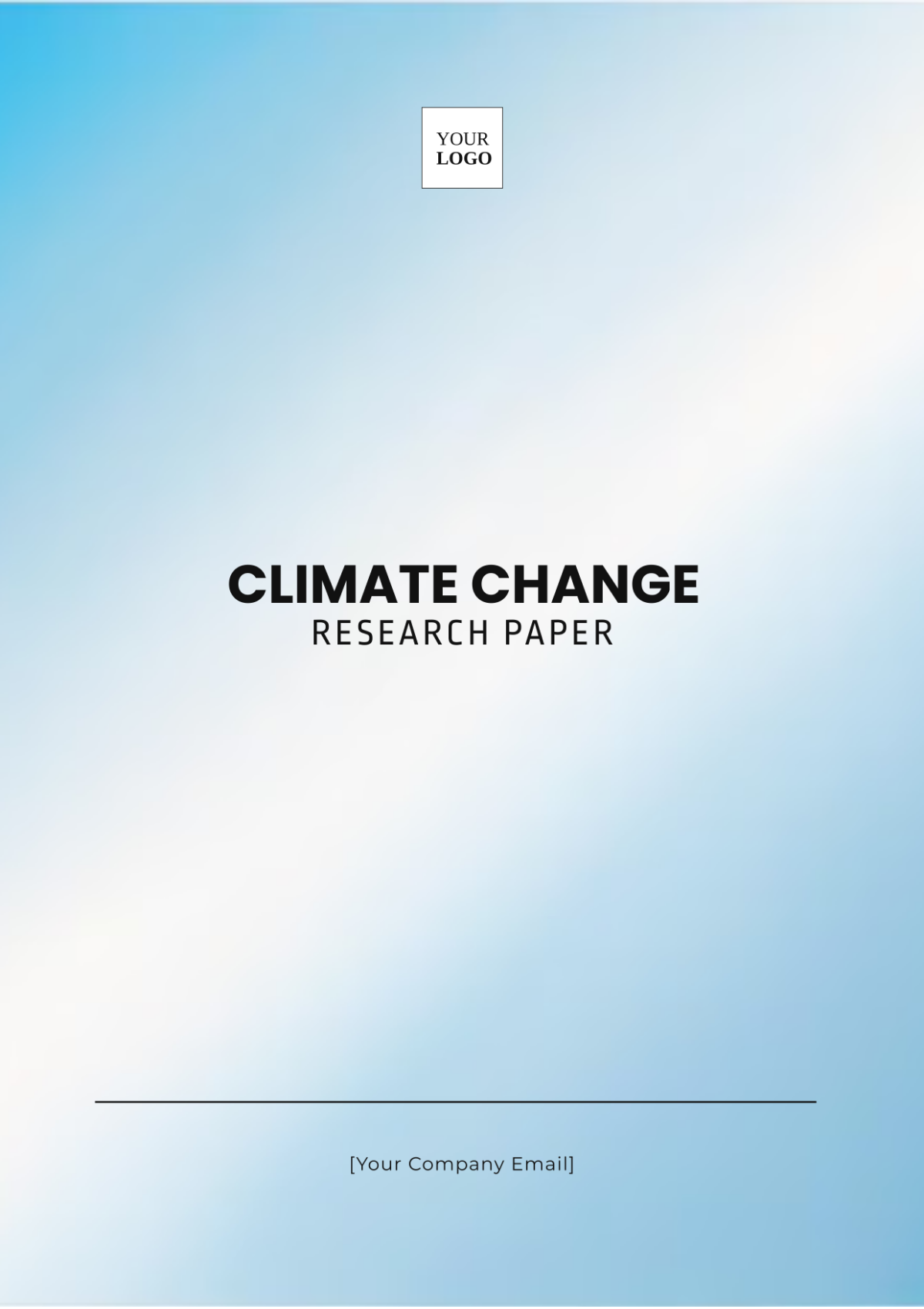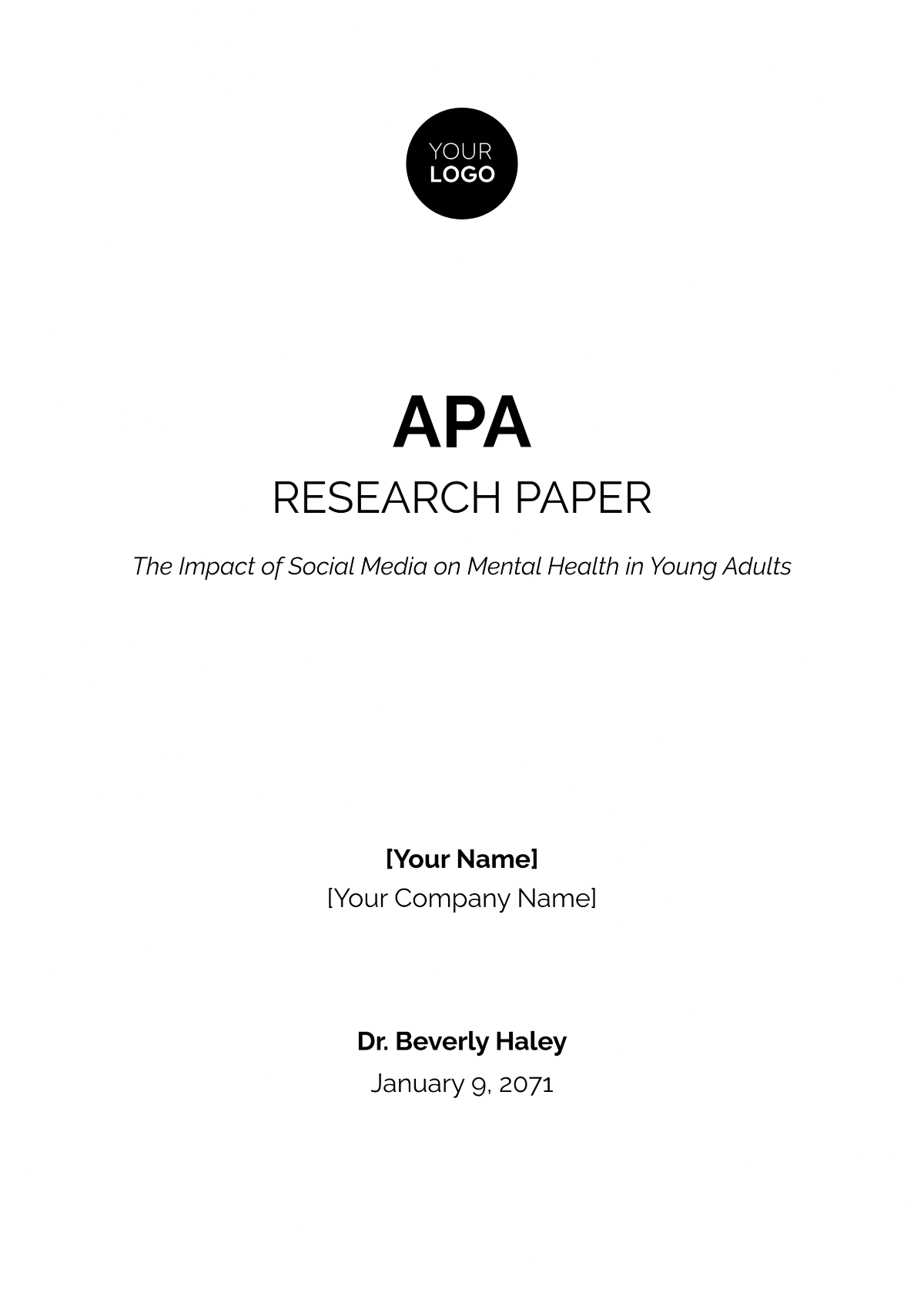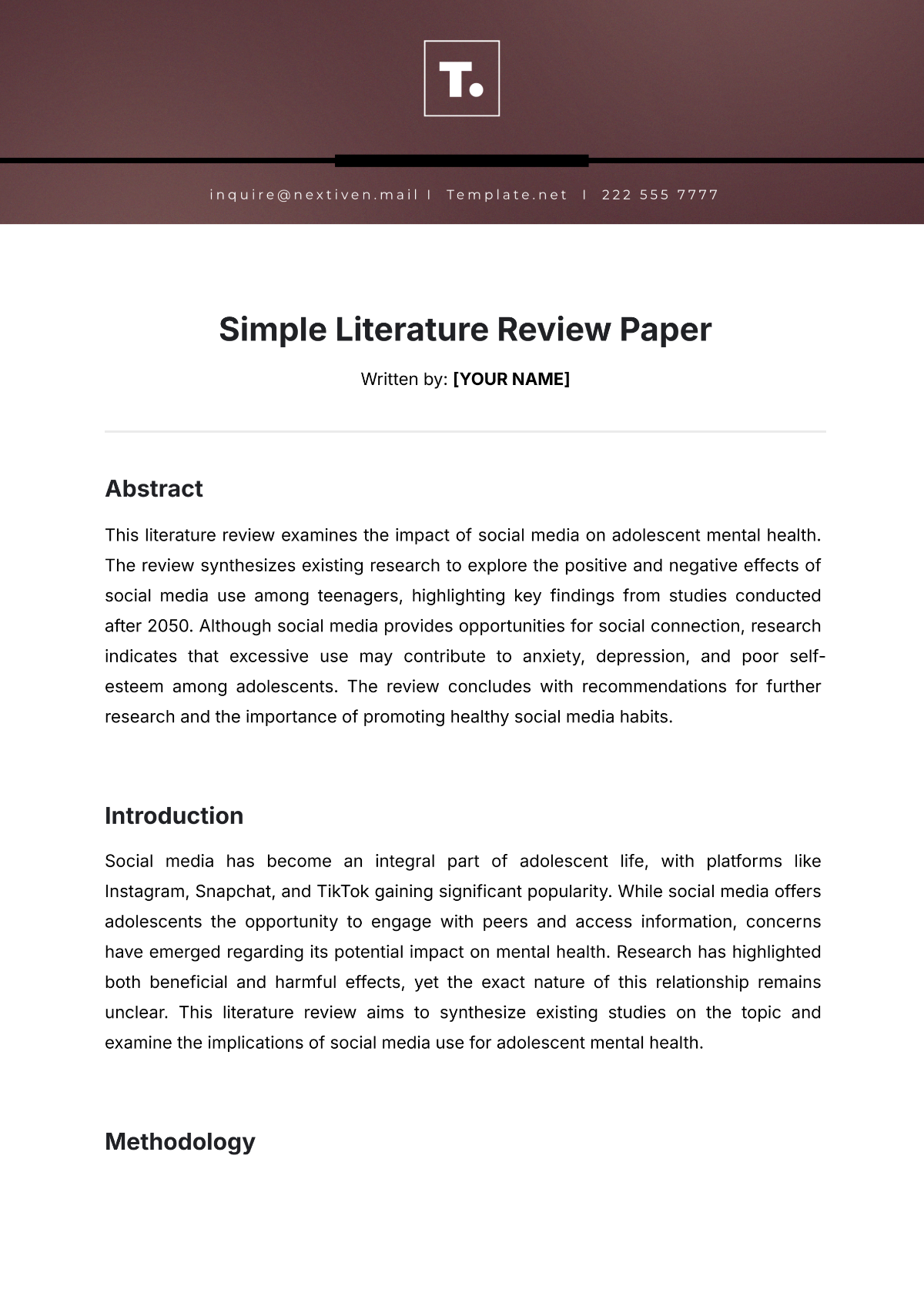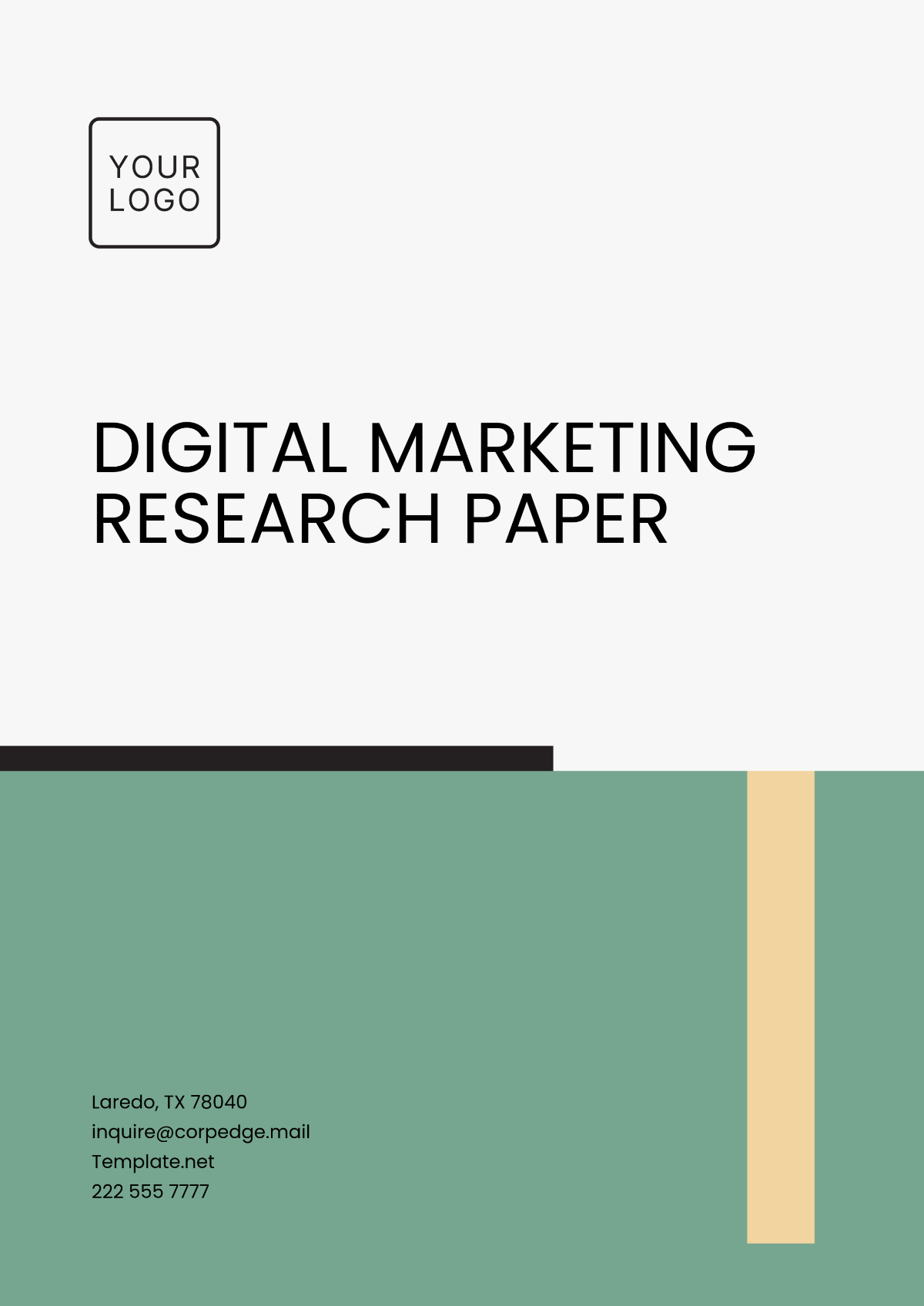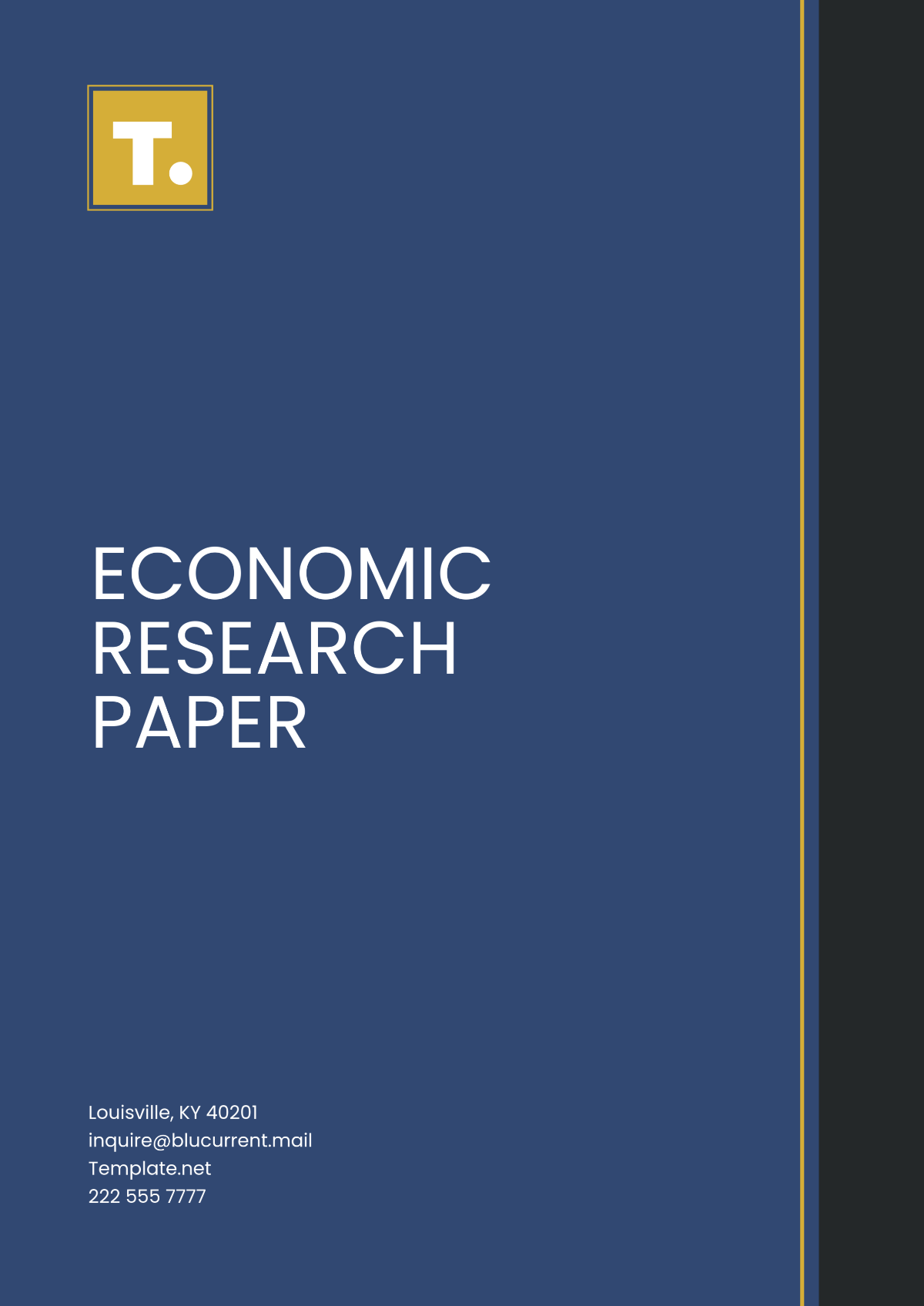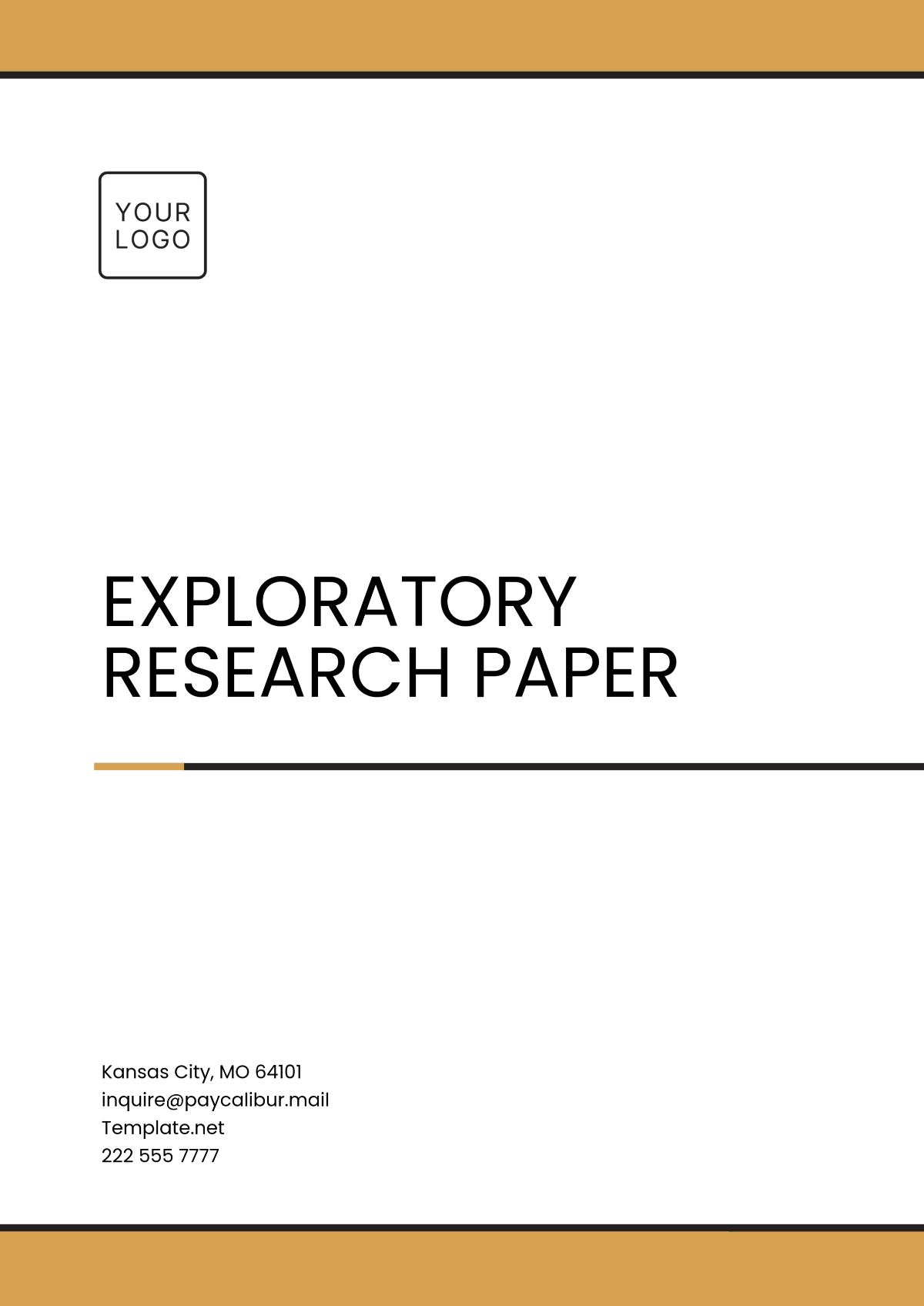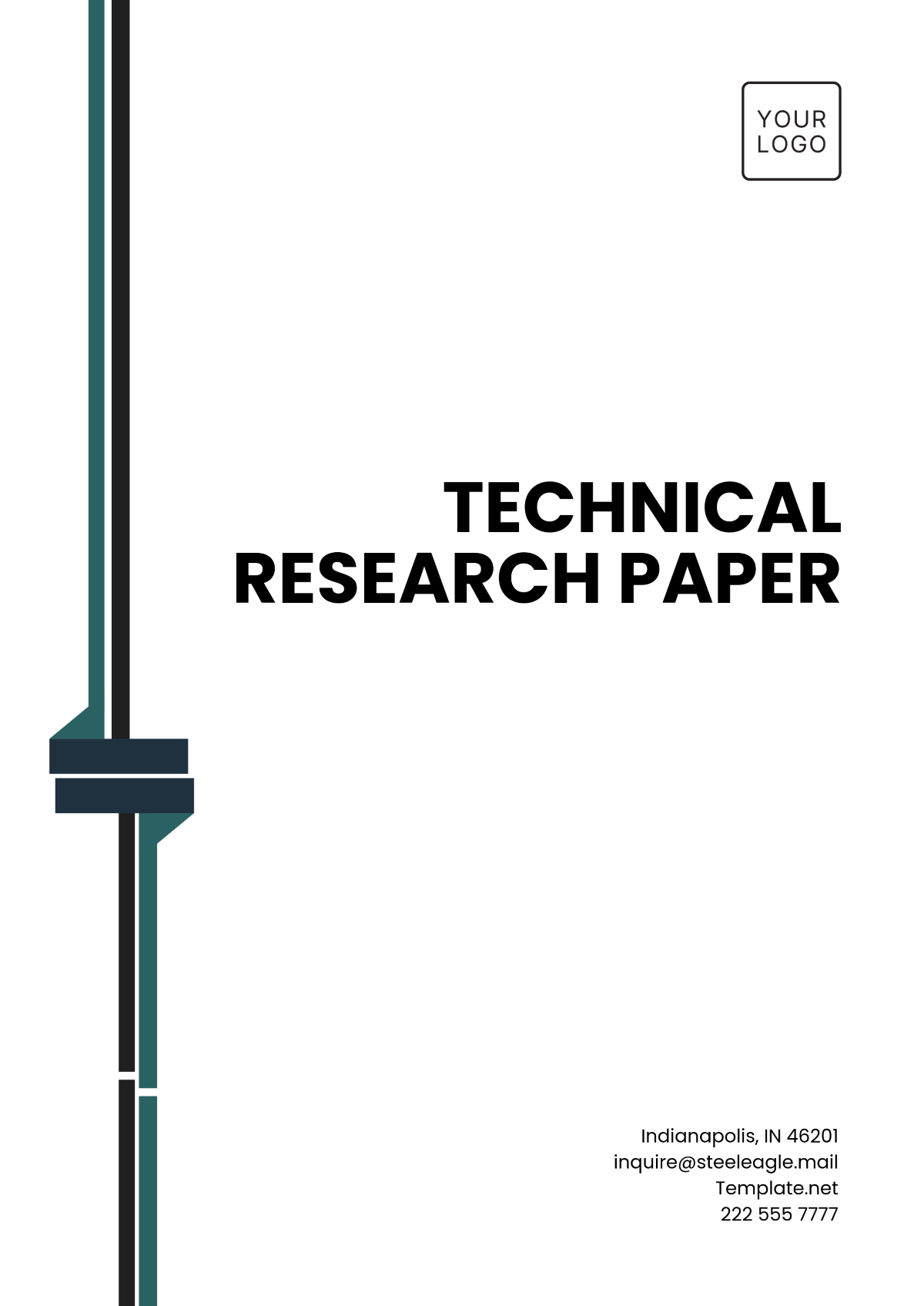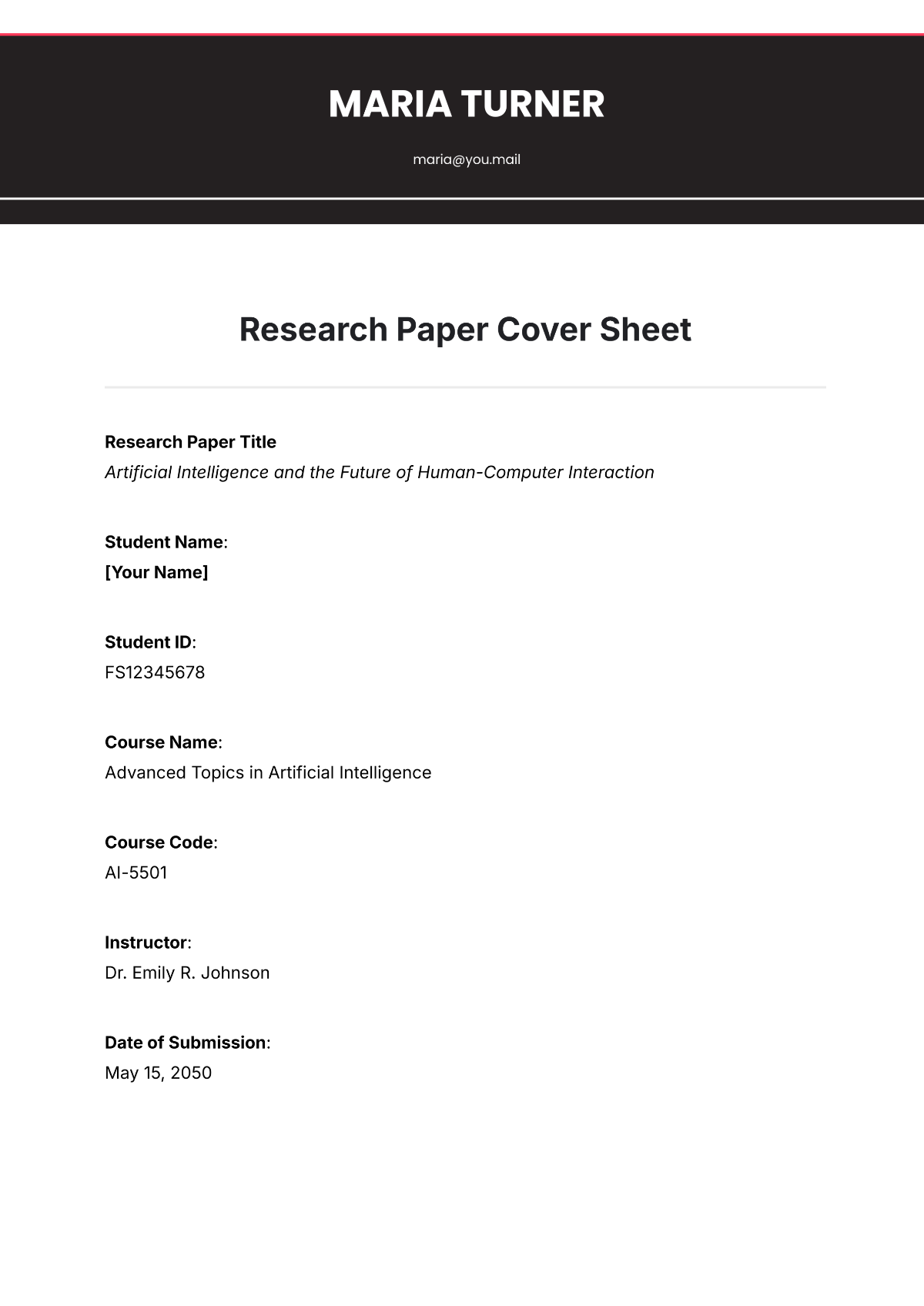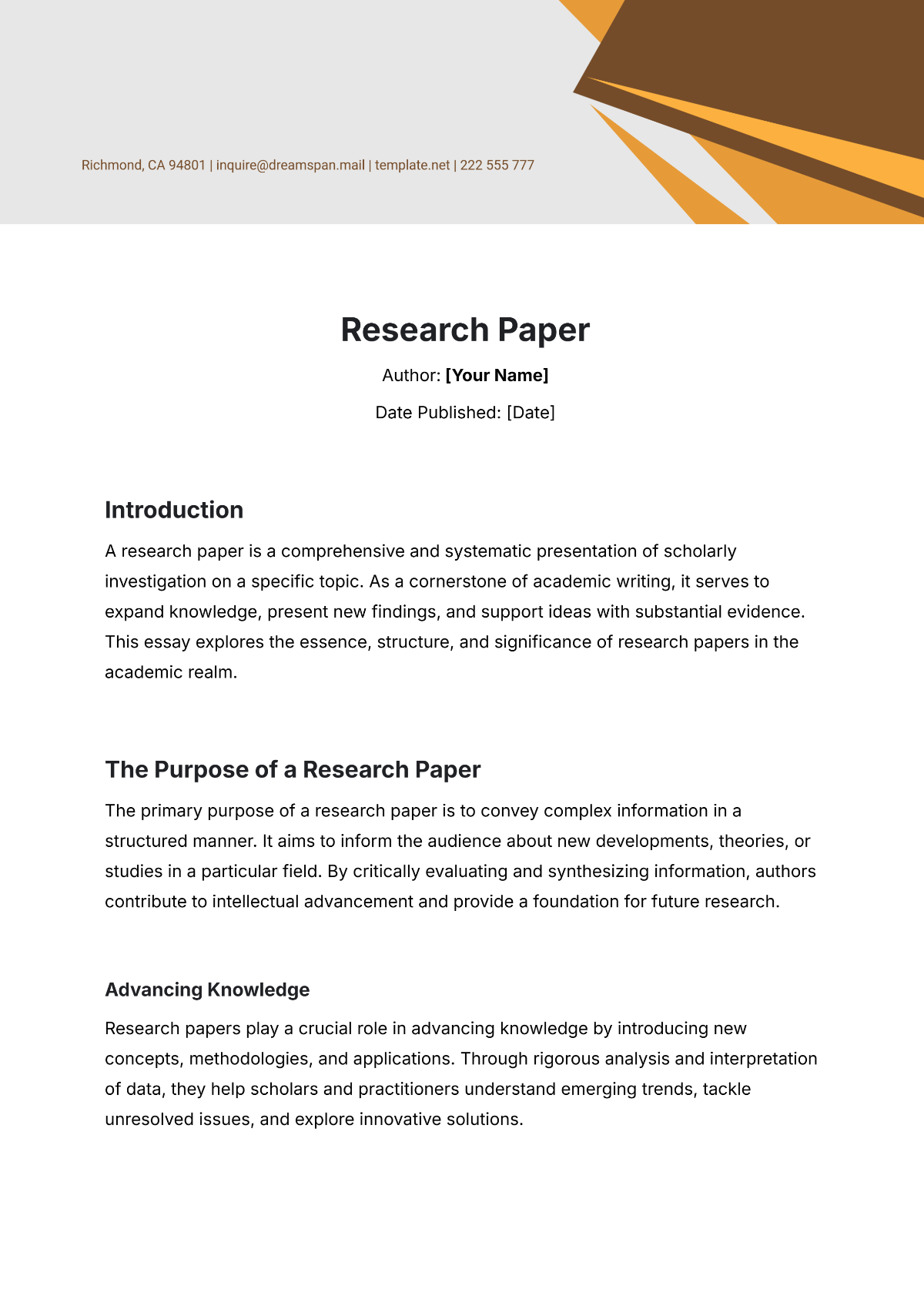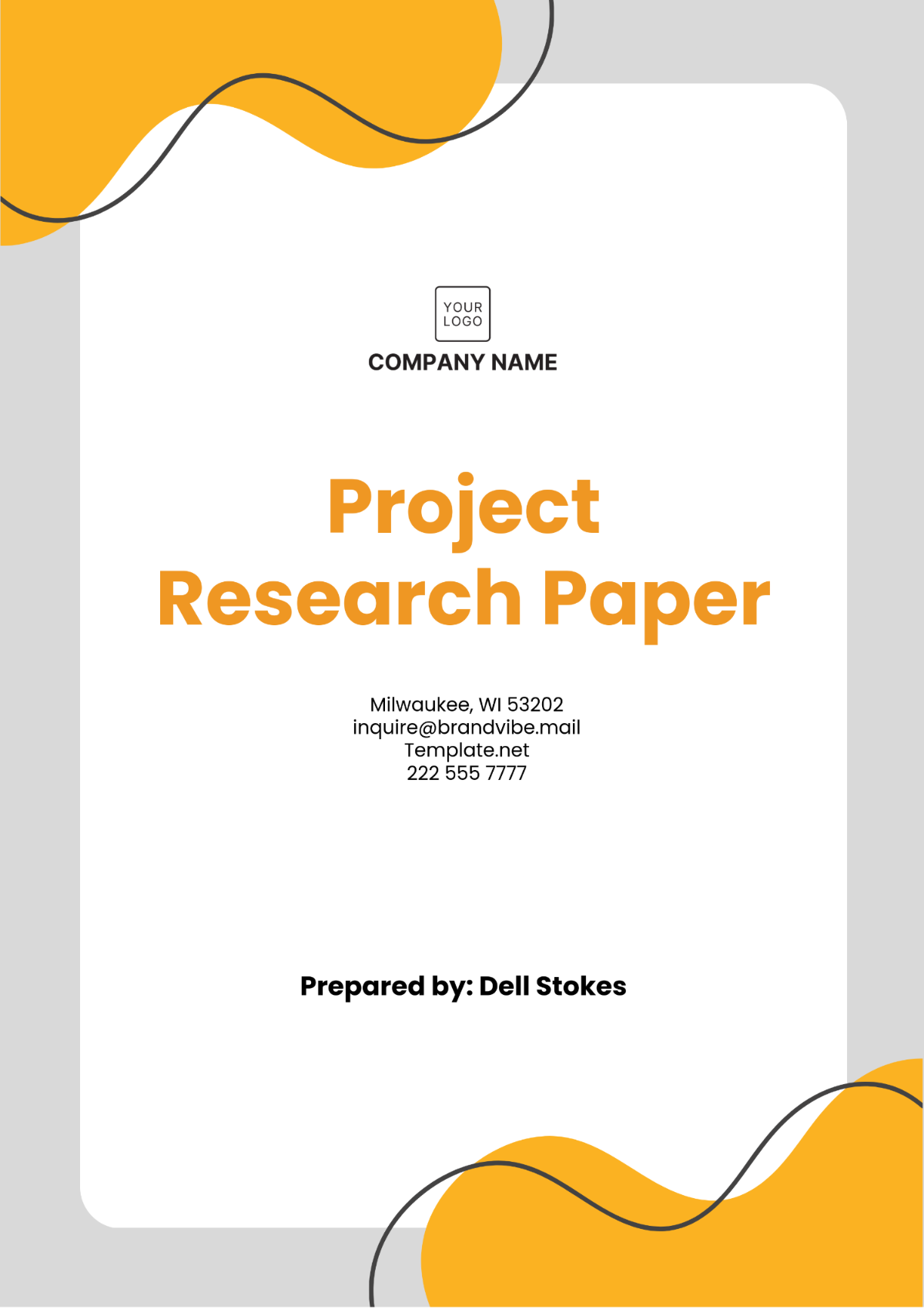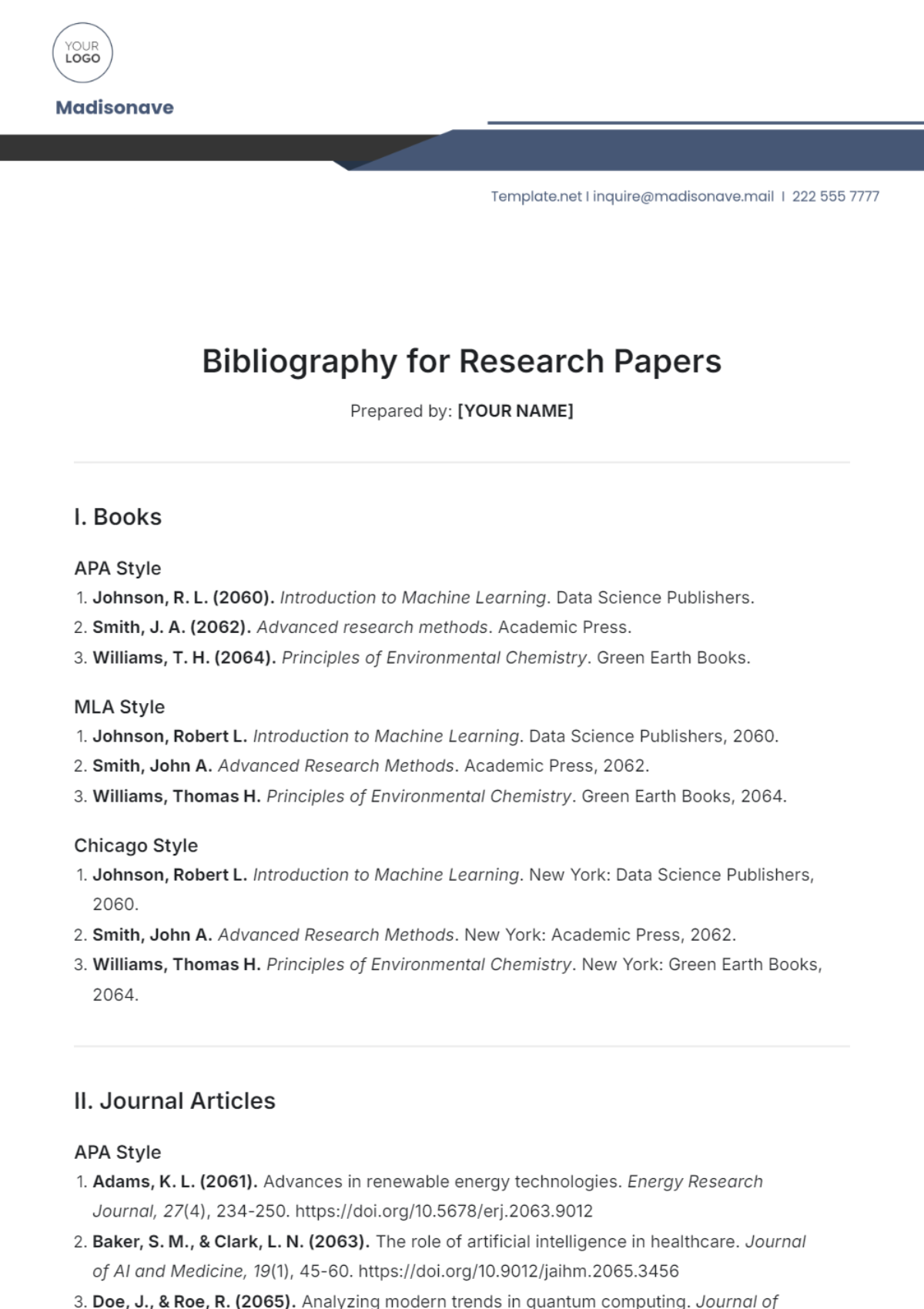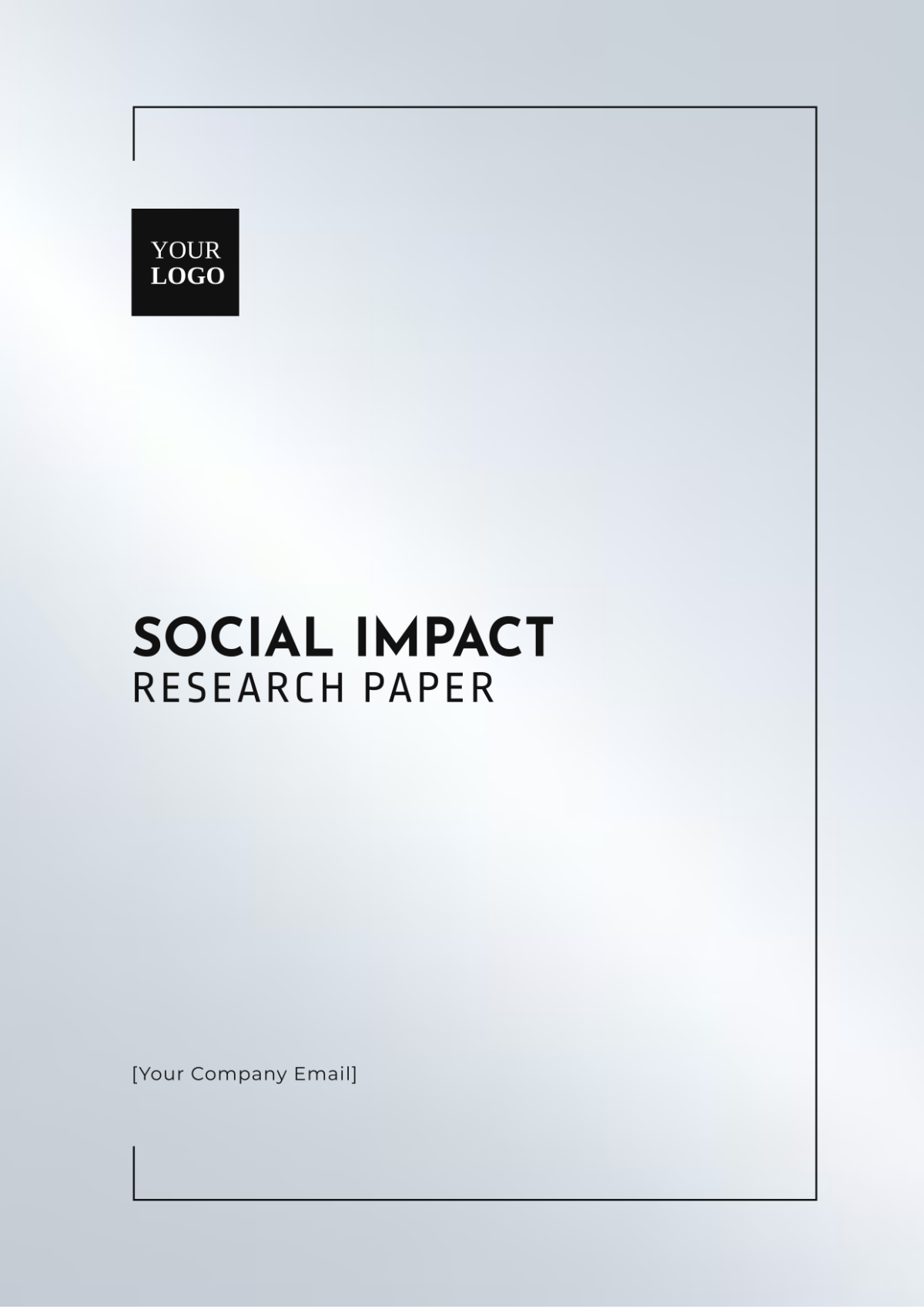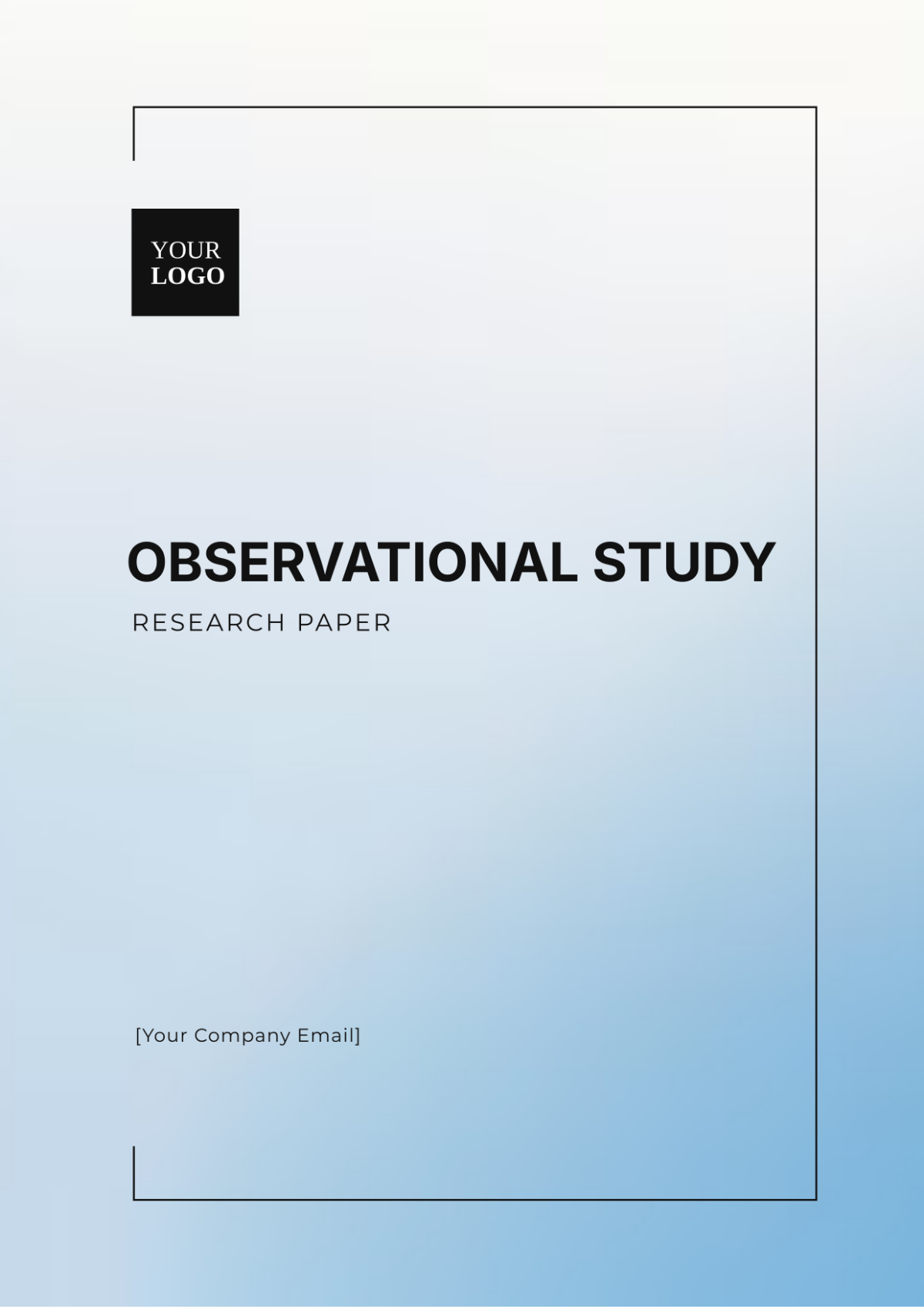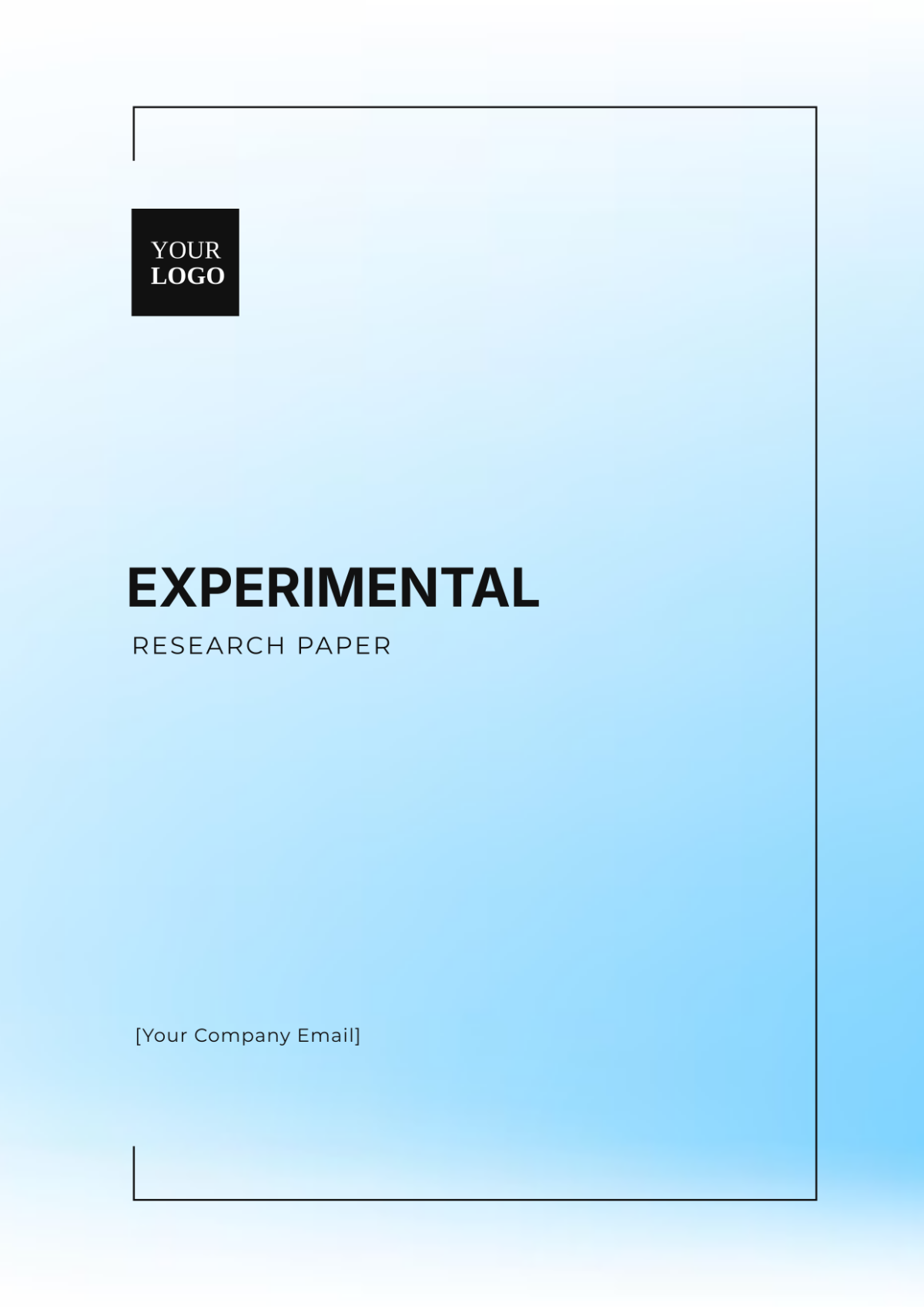Capstone Project Research Paper
I. Abstract
This research paper delves into the intricacies of capstone projects, aiming to highlight their critical role in academic and professional development. The paper elaborates on the methodology, significance, challenges, and impact of capstone projects on students' growth.
II. Introduction
Capstone projects serve as a culminating academic and intellectual experience for students. Typically undertaken in the final phase of education, these projects integrate knowledge and skills acquired throughout the degree program.
III. Methodology
To explore the effectiveness and impact of capstone projects, various methodologies can be adopted. These include:
A. Qualitative Interviews
B. Quantitative Surveys
C. Case Studies
D. Meta-Analyses
IV. Significance of Capstone Projects
A. Academic Benefits
Capstone projects facilitate a deeper understanding of the subject matter by allowing students to:
Integrate multiple disciplines
Enhance critical thinking
Develop advanced research skills
B. Professional Development
Professionally, capstone projects prepare students for real-world challenges by:
Bridging the gap between theory and practice
Improving project management skills
Enhancing communication and presentation abilities
C. Personal Growth
On a personal level, students benefit by:
Developing a sense of accomplishment
Boosting confidence
Enhancing problem-solving skills
V. Challenges in Capstone Projects
Despite their benefits, capstone projects pose several challenges:
A. Time Management: Balancing academic, personal, and professional responsibilities can be challenging.
B. Resource Allocation: Limited access to resources can hinder project completion.
C. Technical Difficulties: Complex projects often require advanced technical skills.
VI. Impact on Career Advancement
Capstone projects significantly impact career advancement by:
A. Enhancing resumes with practical experience
B. Providing networking opportunities with industry professionals
C. Increasing employability through hands-on experience
VII. Case Study: Successful Capstone Projects
A. Project Title
Smart Health Monitoring System
Institution: ABC University
Outcome: Earned publication in a renowned journal
B. Project Title
Sustainable Urban Farming
Institution: XYZ College
Outcome: Adopted by local community
VIII. Conclusion
Capstone projects are pivotal in shaping both academic and professional futures. By addressing various aspects of a chosen topic, they offer a comprehensive learning experience that bridges theoretical knowledge and practical application.
IX. References
Author: A. A. (2051). Title of work. Publisher.
Author: B. B. (2052). Title of work. Retrieved from URL
Author, C. C., & Author, D. D. (2053). Title of work. Title of journal, volume number (issue number), pages.
